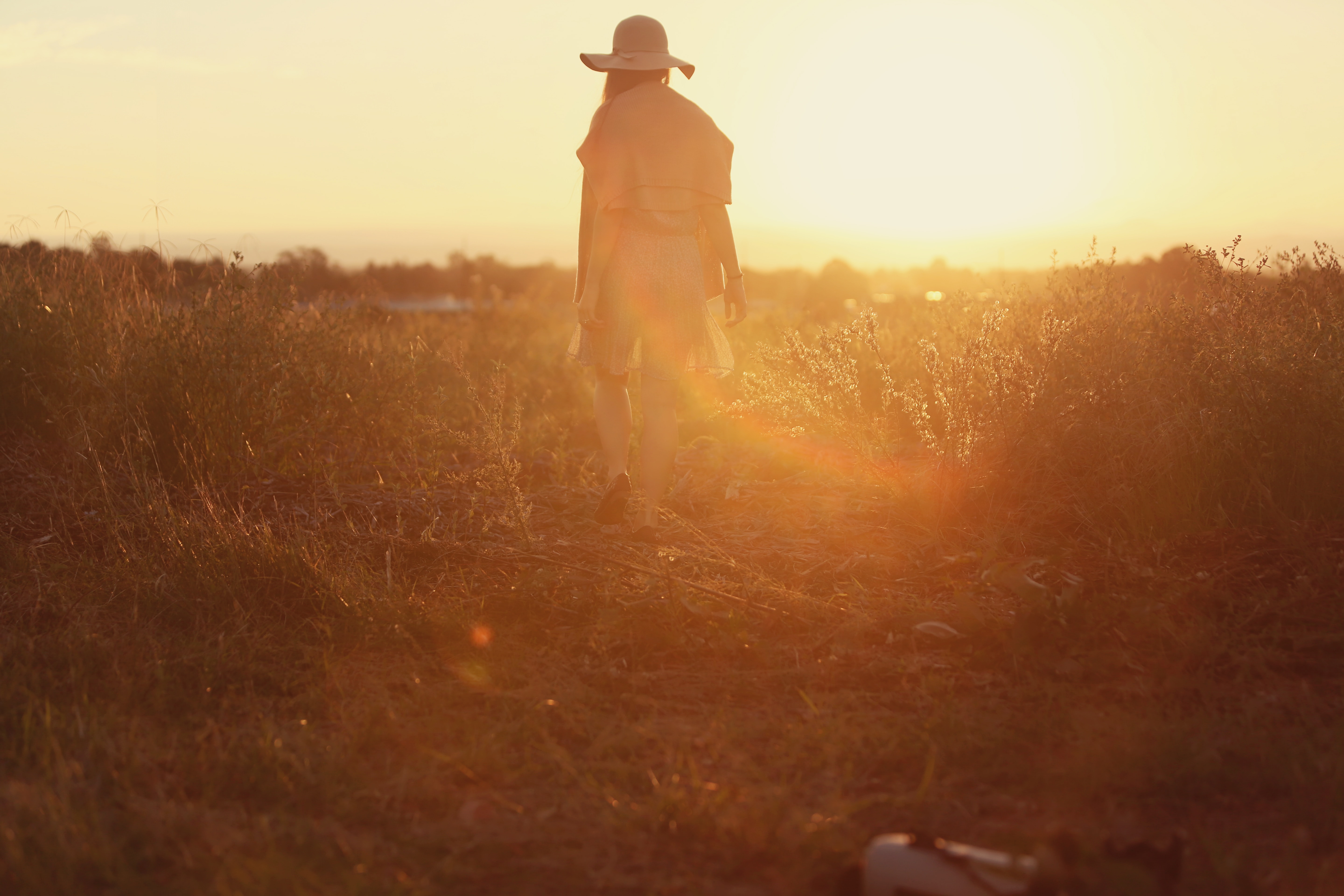The relationships we have and build shape us and our self-perception from the moment we come into this world, to the very last breath we take. Sometimes people take these relationships and their impact for granted, believing that they are already fully-formed persons whose identities couldn’t possibly be altered by the presence of someone else in their life. Alas, for better or for worse, our social bonds do ultimately take a toll, especially when they are filled with hurtful behavior.
We fuse our idea of who we are to the people we marry, spend time with, and the people that are members of our family. Recognizing when the actions of the people we love go against our wellbeing is that pivotal moment that has the potential to help you end a toxic relationship and focus on rebuilding your selfhood. In such circumstances, whether you’ve faced psychological, emotional, or physical abuse, letting go is far healthier than giving into those bonds, and here are a few strategies to help you do just that.
Recognizing red flags
Overwhelming sadness and hurt can cloud our judgment when paired with love that we feel for someone in our life who is hurting us. We look for justifications, we rationalize their actions, we try to explain away the pain, the bruises, and the shame. No form or amount of abuse should ever be trivialized by forcing yourself to think that “it’s just one misunderstanding”, or “this has never happened before and he promised it would never happen again.”
Is your partner confrontational, jealous, possessive, controlling, disrespectful? Have you noticed that they change how they talk to you when you’re alone compared to when you’re having company? Spotting red flag behaviors in time can help you determine if it’s time to end the relationship and seek professional help. However, it takes time for someone to notice these issues, especially when their partner isn’t physically abusive at first, but recognizing such early signs can be the only way to prevent a physical confrontation later on.
Have the courage to talk to someone
Photo by Rémi Walle on Unsplash
Have you determined that your relationship is riddled with abuse? You also need to recognize that going it alone is not the most optimal way to let go of that bond or move forward in life. It’s easy enough to leave some relationships, but others carry the risk of provoking violence, and knowing the risk is essential to assessing the best way to walk away unharmed. For instance, one in three women in Australia experiences physical abuse in their relationships, making it a very likely scenario, and a very grim one.
First of all, talk to a therapist in confidence about your situation and seek advice on the best ways to prepare yourself for leaving the relationship. Many women choose to consult reputable Sydney criminal lawyers to understand the action they can take against an abusive spouse, the kind of evidence that is necessary, and the risks involved. In both situations, talking to experts in both fields is vital for your safety and your protection, as well as that of your children.
Build a support system
Photo by Priscilla Du Preez on Unsplash
Oftentimes, leaving an abusive, toxic relationship doesn’t just mean delivering the divorce papers and letting the courts take it from there. It may also involve needing a new address, custody battles, restraining orders, and a slew of other complications that toxic people bring into our lives. In such cases, you definitely need a support system made of people and places you can trust and who can help you go through this experience unharmed.
To heal, you need a safe place, and people who love and understand what you’ve been through. Talk to a friend or a family member who can take you in, talk to the local police for any other precautions you should take, and of course, choose a good moment to leave your abusive spouse – that always depends on the person in question.
Do everything to protect yourself
Photo by Sarah Cervantes on Unsplash
Violence and abuse come in so many different forms that it’s no wonder so many fail to spot them in time or label them for what they truly are to begin with, especially if the abuse evolves slowly. If you can, it’s best to start looking for ways to protect yourself even while you’re still in the relationship, although aware of the problem you’re facing. That may mean going to meetings with other people who have been in your shoes and who can share actionable advice on how to face your fears.
That may also mean taking up self-defense lessons, rehearsing an emergency escape plan especially if you have kids, packing an emergency bag just in case you need to leave at a moment’s notice, and contacting someone you trust to let them know you’ve decided to leave.
Prepare a self-care plan
Finally, leaving an abusive relationship doesn’t end with divorce or actual, physical leaving. It is followed by years of healing, and you should brace yourself for that transitional period which can help you build structure into your life, take good care of yourself, and prevent entering another unhealthy relationship in the future.
In addition to professional counseling and legal protection, make sure you create your own self-care plan that will allow you to build a life outside of that relationship. Focusing on self-care and growth is the only way to abandon those bonds for good and to embrace your new life with love.
It’s vital for you to remember that in no way, shape, or form is the abuse your own doing or your fault. It may take time to accept that you’ve trusted the wrong person, but letting go and walking away in such instances is the only possible solution that will help you overcome your pain and lead a healthy life in the future. And most importantly, remember: you’re not alone.


